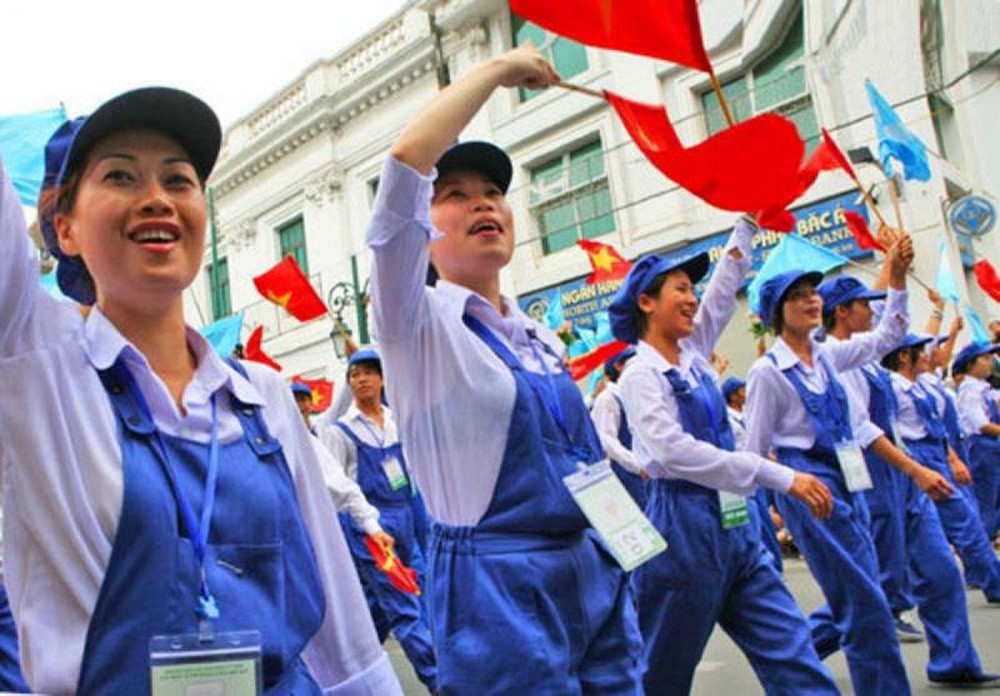ILO: VN’s new Labor Code close to international standards
VGP – The International Labor Organization (ILO) has welcomed Viet Nam’s new progress in making its legal framework closer to international labor standards with the adoption of a revised Labor Code on November 20, 2019.
 |
| ILO: VN’s new Labor Code close to international standards |
The ILO said the latest revision of the Labor Code has created a more complete legal framework for the implementation of voluntary collective bargaining, an essential tool for a modern socialist-oriented market economy in the process of extensive global integration.
The most important change in the revised Labor Code is that employees at businesses are allowed to establish or choose to participate in an organization that represents them, without having to become a member of the Viet Nam General Confederation of Labor.
According to experts, the revised Labor Code plays an important role, paving the way for the full implementation of the 1998 ILO Declaration. The new code has created a better legal framework on employment and labor relations, helping to achieve equitable and sustainable growth, in the context that Viet Nam is striving to become an upper-middle income country.
This will contribute significantly to achieving progress on satisfactory employment for all workers, both men and women.
During the process of revising the Labor Code since 2016, the ILO has been providing technical assistance to the Ministry of Labor, Invalids and Social Affairs, employees’ and employers’ organizations, and the National Assembly, aiming to help Viet Nam organize consultations on the contents of the draft revised code in the fullest manner, towards ensuring the stakeholders are consulted with evidences and researches while narrowing the gap between the national legal framework and the ILO’s basic conventions.
The ILO Viet Nam Director added that the recently adopted code clearly shows the significant steps that are closer to and more consistent with all the four internationally recognized fundamental principles at work.
By Vien Nhu
